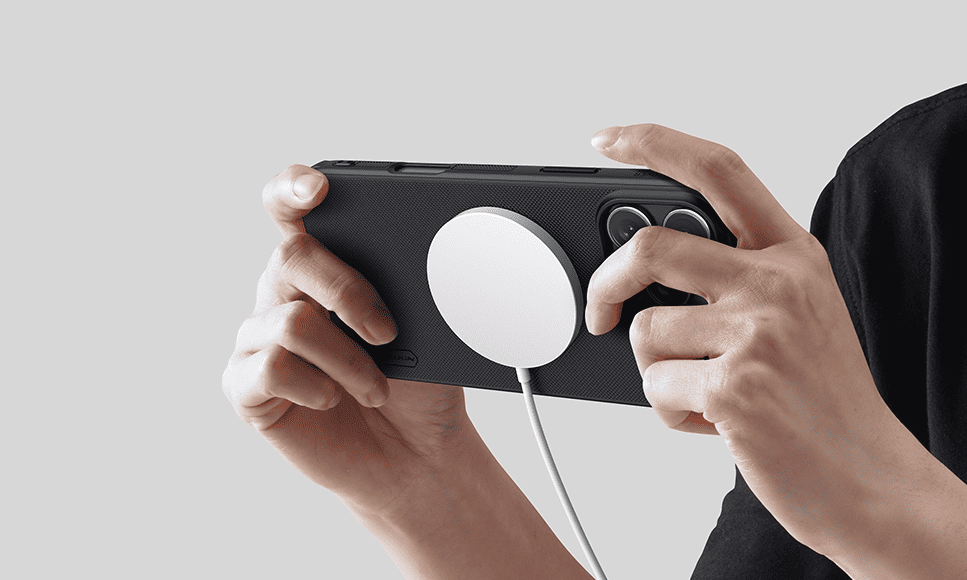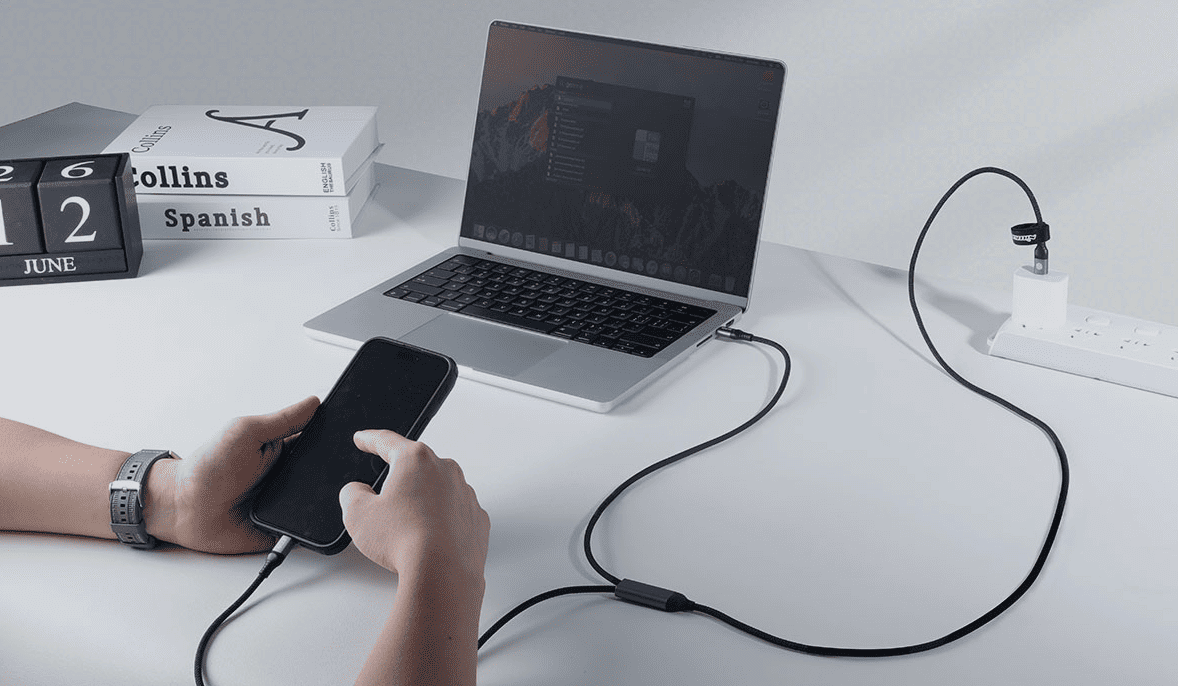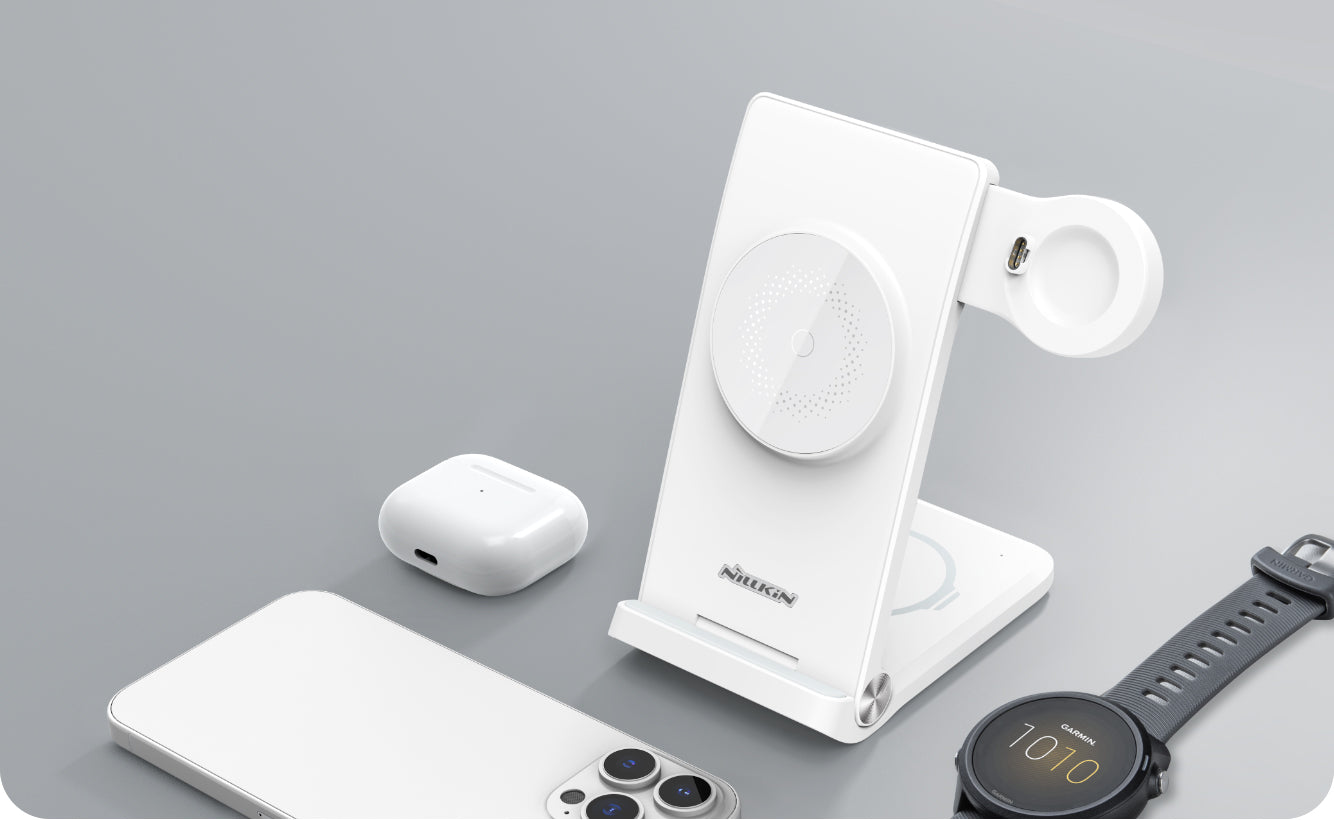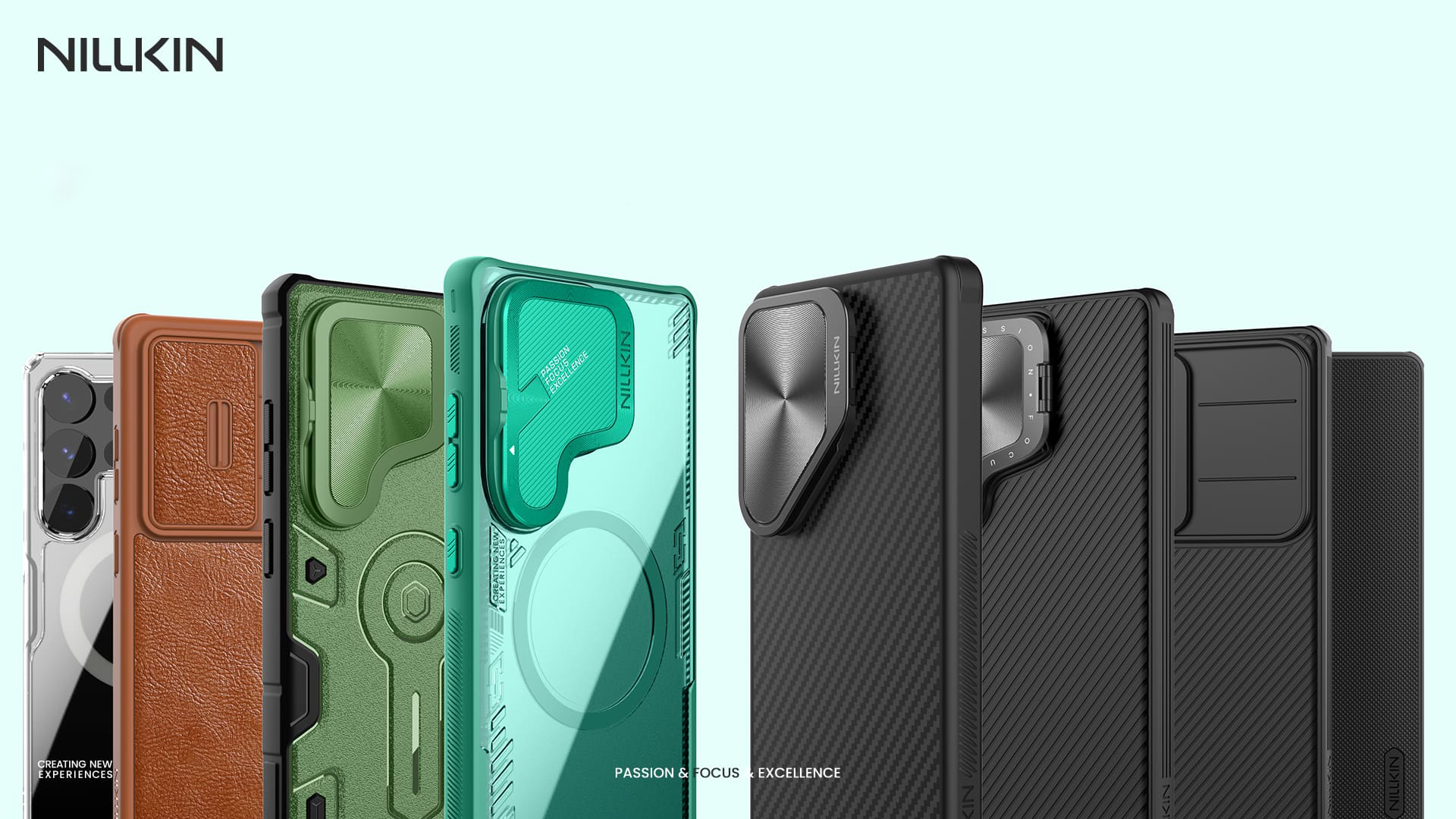In einer Gesellschaft, in der Smartphones überall sind, ähnlich wie Cafés, haben sich Handyhüllen von bloßem Schutz zu einem Medium für persönlichen Stil verwandelt; sie sind eine Leinwand für persönliche Ausdrucksformen. Es gibt hauptsächlich zwei Arten von Handyhüllen auf dem Markt: magnetische Handyhüllen und nicht-magnetische Handyhüllen. Lassen Sie uns die Vor- und Nachteile beider untersuchen, ihre Unterschiede und Ähnlichkeiten vergleichen und in ihre Ursprünge und Verwendungsmethoden eintauchen.
1. Ursprünge und historische Hintergründe

Nicht-magnetische Handyhüllen geht auf die frühen Tage der Mobiltelefonzubehör zurück. Ursprünglich aus Materialien wie Kunststoff, Silikon oder Leder hergestellt, sollten diese Hüllen unsere geliebten Geräte schützen. Mit der Weiterentwicklung der Telefontechnologie wurden die Designs dieser Hüllen zunehmend vielfältiger. Die Nutzer begannen, nicht nur Schutz, sondern auch Ästhetik zu verlangen, was den Markt für Handyhüllen in ein lebendiges Spektrum von Auswahlmöglichkeiten verwandelte.

Andererseits, magnetische Handyhüllen haben an Popularität gewonnen, parallel zum Aufstieg des kabellosen Ladens und magnetischer Zubehörteile. In den letzten Jahren haben viele Smartphone-Hersteller Geräte veröffentlicht, die magnetische Befestigungen unterstützen, und damit dem Markt für magnetische Handyhüllen neues Leben eingehaucht. Diese Hüllen sind mit integrierten Magneten ausgestattet, die es den Nutzern ermöglichen, ihre Telefone einfach mit verschiedenen magnetischen Zubehörteilen zu verbinden, wie z.B. magnetischen Autohalterungen und kabellosen Ladegeräten, was den Komfort und die Benutzerfreundlichkeit erhöht.
2. Wichtige Unterschiede
Bequemlichkeit vs. Schutz:
- Magnetische Handyhüllen: Eines der größten Verkaufsargumente von magnetischen Handyhüllen ist der Komfort, den sie bieten. Sie können schnell an magnetischen Zubehörteilen wie Autohalterungen oder kabellosen Ladegeräten befestigt werden, was alltägliche Aufgaben nahtlos und effizient macht.

- Nicht-magnetische Handyhüllen: Während nicht-magnetische Hüllen möglicherweise nicht das gleiche Maß an Komfort bieten, neigen sie dazu, einen überlegenen Schutz zu bieten. Oft aus dickeren Materialien gefertigt, sind diese Hüllen widerstandsfähiger gegen Stürze und Kratzer, was den Nutzern ein beruhigendes Gefühl beim Schutz ihrer Geräte gibt.
Kompatibilität mit Zubehör:
- Magnetische Handyhüllen: Diese Hüllen sind so konzipiert, dass sie mit einer Vielzahl von magnetischen Zubehörteilen funktionieren, wie z.B. Autohalterungen, Ständern und kabellosen Ladegeräten. Die eingebauten Magnete erleichtern das Anbringen des Telefons an verschiedenen Zubehörteilen, ohne dass zusätzliche Teile oder Adapter benötigt werden.

- Nicht-magnetische Handyhüllen: Während nicht-magnetische Hüllen mit den meisten Zubehörteilen kompatibel sind, fehlt ihnen die mühelose magnetische Verbindung. Benutzer benötigen möglicherweise zusätzliche Komponenten, wie Halterungen oder Montagen, um ihr Telefon in bestimmten Situationen zu verwenden, wie zum Beispiel im Auto oder mit einem Ständer.
Kabelloses Laden:
- Magnetische Handyhüllen: Viele magnetische Hüllen sind mit Blick auf das kabellose Laden entworfen, sodass die Magnete den Ladevorgang nicht stören. Sie machen das kabellose Laden bequemer, indem sie es den Benutzern ermöglichen, ihre Telefone zu laden, ohne die Hülle abzunehmen.

- Nicht-magnetische Handyhüllen: Je nach Material und Dicke können einige nicht-magnetische Hüllen die drahtlose Ladung stören. Benutzer müssen sorgfältig Hüllen auswählen, die als drahtlos ladekompatibel gekennzeichnet sind, um Störungen zu vermeiden.
Design und Anpassung:
- Magnetische Handyhüllen: Da diese Hüllen interne Magnete erfordern, können die Designoptionen eingeschränkter sein. Hersteller konzentrieren sich oft auf die Funktionalität, was die Auswahl an Farben, Materialien und Stilen einschränken kann.
- Nicht-magnetische Handyhüllen: Diese Hüllen sind in einer breiteren Palette von Designs, Materialien und Stilen erhältlich. Von lebhaften Farben bis hin zu einzigartigen Texturen bieten nicht-magnetische Handyhüllen mehr Flexibilität für Benutzer, die ihren persönlichen Stil ausdrücken möchten.

Preis:
- Magnetische Handyhüllen: Im Allgemeinen sind magnetische Handyhüllen aufgrund der zusätzlichen Funktionalität von Magneten und des komplexeren Designs tendenziell teurer als nicht-magnetische Hüllen.
- Nicht-magnetische Handyhüllen: Typischerweise bieten kostengünstigere, nicht-magnetische Hüllen soliden Schutz zu verschiedenen Preispunkten, wodurch sie einem breiteren Publikum zugänglich sind.
3. Vergleiche und Ähnlichkeiten
Beim Vergleich dieser beiden Arten von Handyhüllen liegt der Hauptunterschied in Bequemlichkeit versus Schutz. Magnetische Hüllen bieten den Nutzern ein optimiertes Erlebnis, während nicht-magnetische Hüllen in der Sicherung Ihres Geräts hervorragend sind. Beide Arten bieten jedoch ein gewisses Maß an Schutz und entwickeln sich ständig weiter, um den Marktanforderungen gerecht zu werden.
Bei der Auswahl einer Handyhülle ist es wichtig, Ihre persönlichen Bedürfnisse zu berücksichtigen. Wenn Sie Bequemlichkeit und Vielseitigkeit priorisieren, könnte eine magnetische Handyhülle genau das Richtige für Sie sein. Im Gegensatz dazu, wenn Sie Schutz und ästhetische Anziehungskraft schätzen, könnte eine nicht-magnetische Handyhülle die bessere Wahl sein. Das Verständnis der Vor- und Nachteile dieser beiden Optionen wird Ihnen helfen, eine informierte Kaufentscheidung zu treffen. Welche Hülle Sie auch wählen, stellen Sie sicher, dass sie zu Ihrem Handymodell passt, um das beste Erlebnis zu gewährleisten. Lassen Sie uns unsere Handys schützen und gleichzeitig unseren einzigartigen Stil zur Schau stellen!

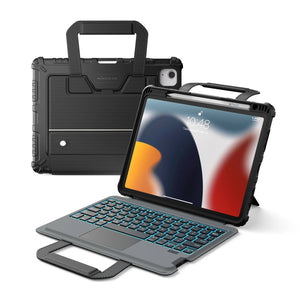 iPad Pro/Air Hüllen
iPad Pro/Air Hüllen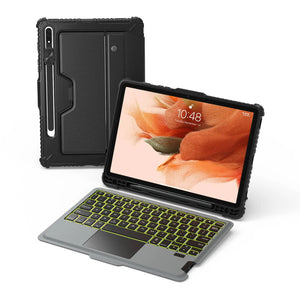 Galaxy Tab Hüllen
Galaxy Tab Hüllen
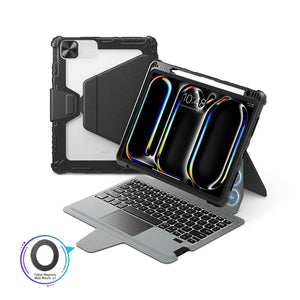 Magnetische iPad-Tastatur
Magnetische iPad-Tastatur
 Tablet-Zubehör
Tablet-Zubehör
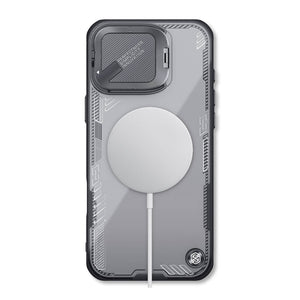 iPhone 16 Serie
iPhone 16 Serie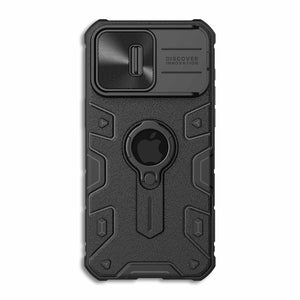 iPhone 15 Serie
iPhone 15 Serie
 iPhone 14 Serie
iPhone 14 Serie
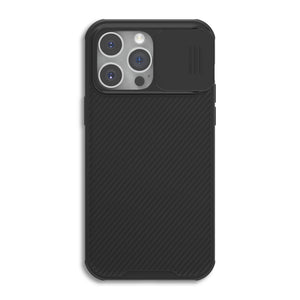 iPhone 13 Serie
iPhone 13 Serie
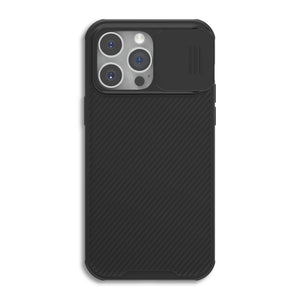 iPhone 12 Serie
iPhone 12 Serie
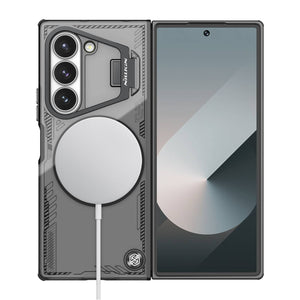 Galaxy Z Fold & Flip Serie
Galaxy Z Fold & Flip Serie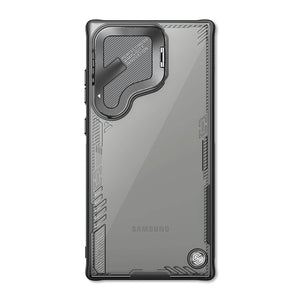 Galaxy S24 Serie
Galaxy S24 Serie
 Galaxy S23 Serie
Galaxy S23 Serie
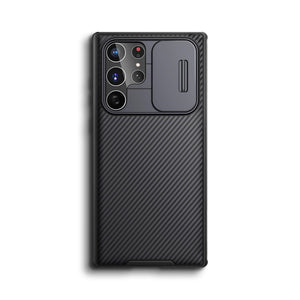 Galaxy S22 Serie
Galaxy S22 Serie
 Xiaomi 15 Serie
Xiaomi 15 Serie
 Xiaomi 14 Serie
Xiaomi 14 Serie
 Redmi-Serie
Redmi-Serie
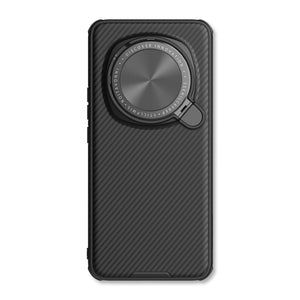 Huawei Honor Serie
Huawei Honor Serie
 iPhone Bildschirmschutz
iPhone Bildschirmschutz
 Galaxy Bildschirmschutz
Galaxy Bildschirmschutz
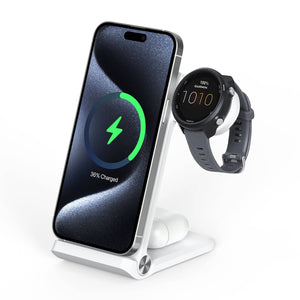 Ladegeräte & Kabel
Ladegeräte & Kabel
 Handyhalterungen & Halterungen
Handyhalterungen & Halterungen
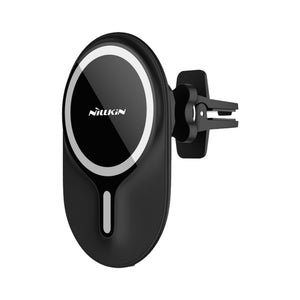 Auto aufladen
Auto aufladen
 Lautsprecher
Lautsprecher
 Laptop Hülle
Laptop Hülle
 Laptop-Ständer
Laptop-Ständer
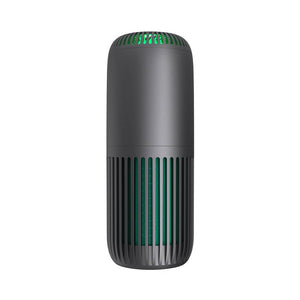 Gesundheit
Gesundheit
 Weihnachtsverkauf 🔥
Weihnachtsverkauf 🔥
